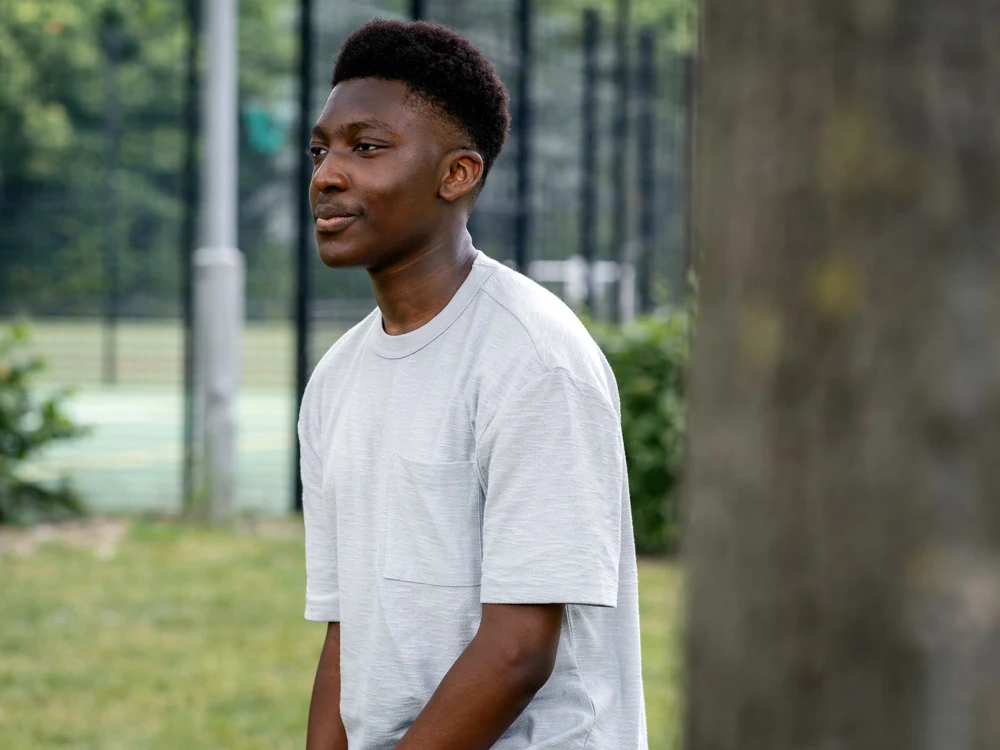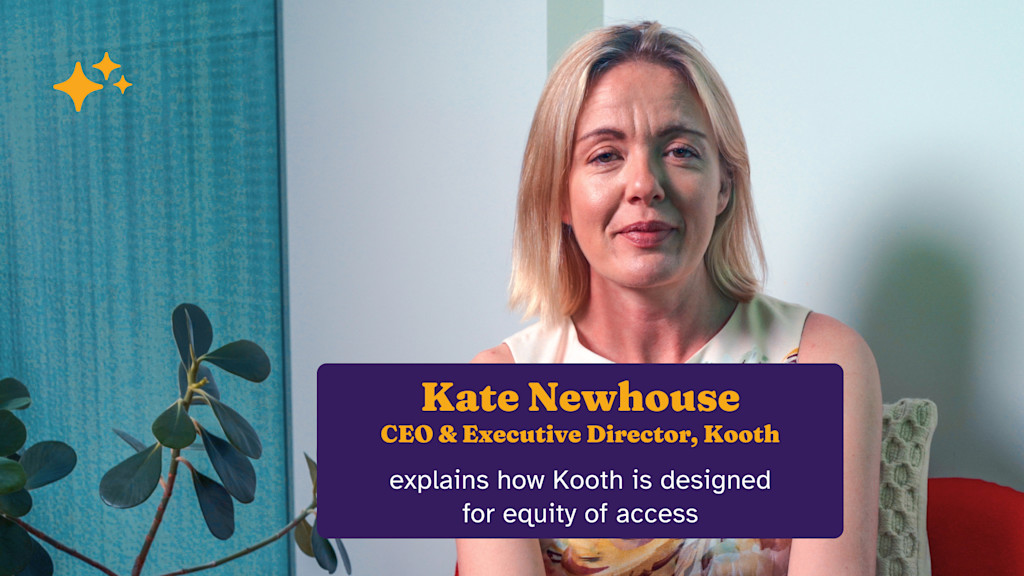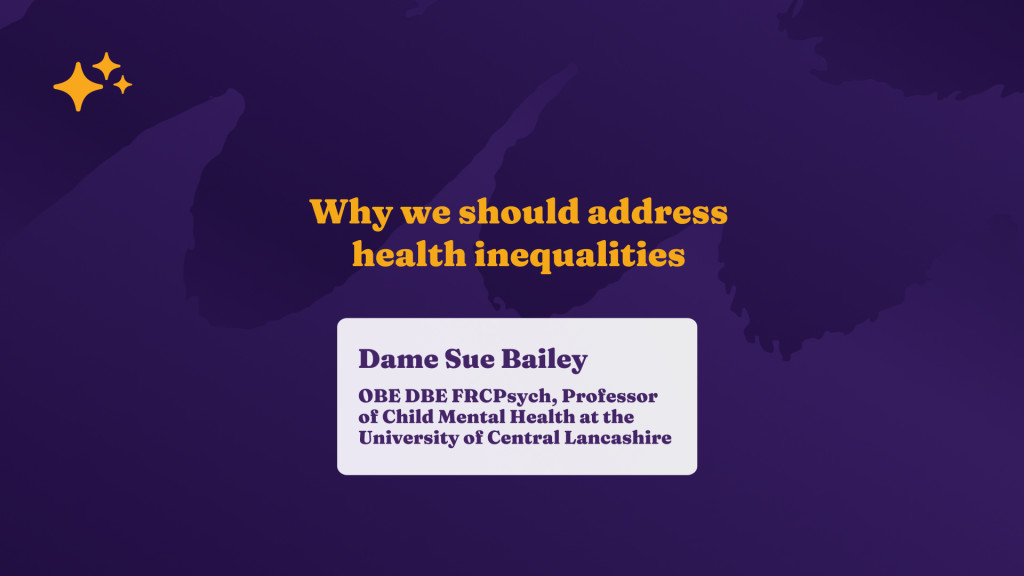Driving awareness

We run regular national campaigns developed with young people to educate and change behaviour. These are supported with a wide range of support materials, activities and online events for parents, teachers and more.
Our recent campaigns include:
Children's Mental Health Week - everyone has a right to a voice
Go Somewhere Good - online safety and over-coming holiday anxiety
Kooth Future Council - young people guiding our priorities
Building trust
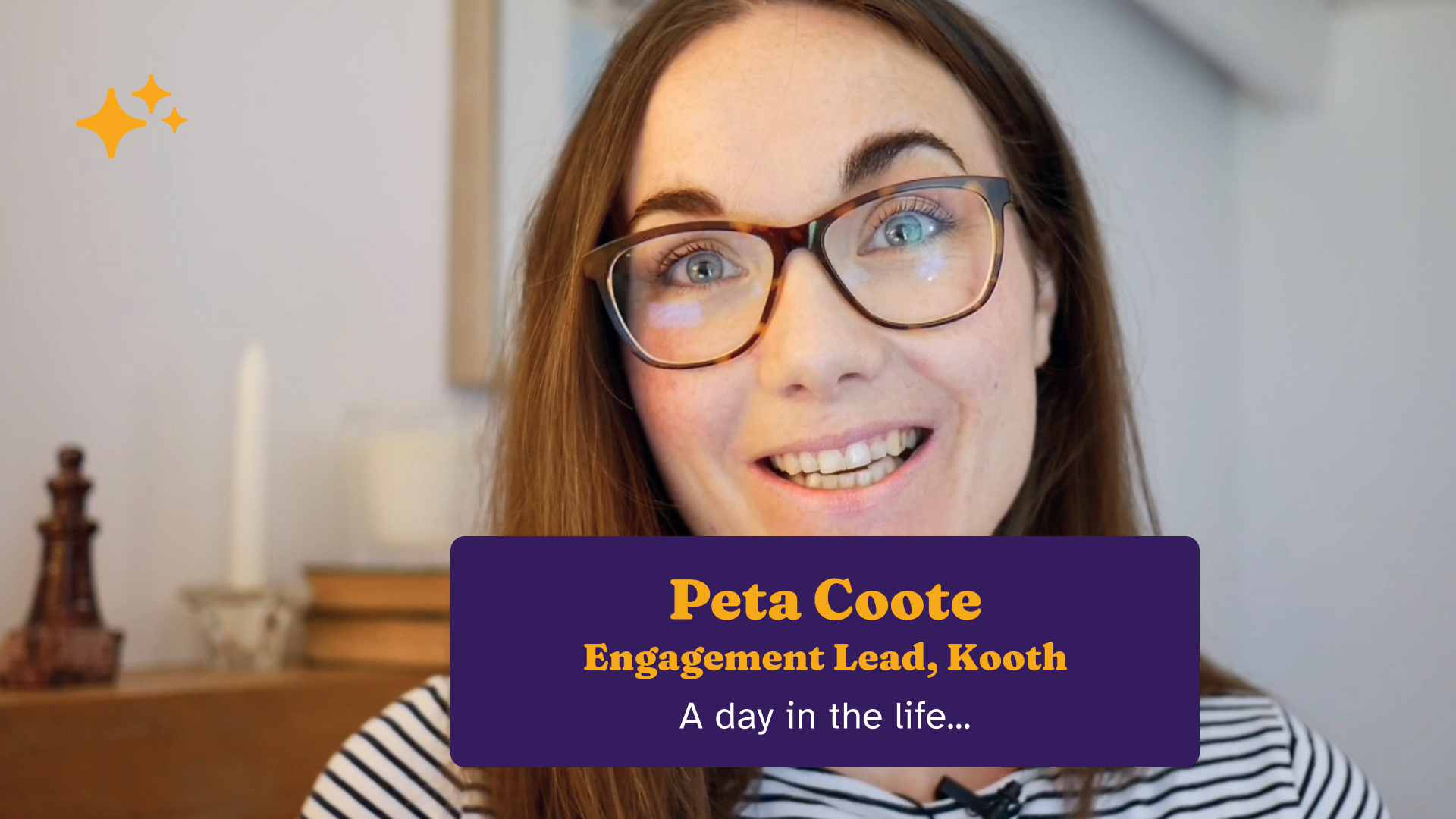
Integral to providing accessible and inclusive services is our work to drive awareness and build trust across local communities.
Kooth’s engagement team spreads the word wherever we're commissioned, delivering school assemblies, working with GPs and engaging with local services.
As Peta's story illustrates, it's a hands-on approach to establishing trust, tackling stigma and providing vital support.
Ensuring relevance
Kooth works with users and their communities at every stage to co-design our services and tell our story.
Inclusive support
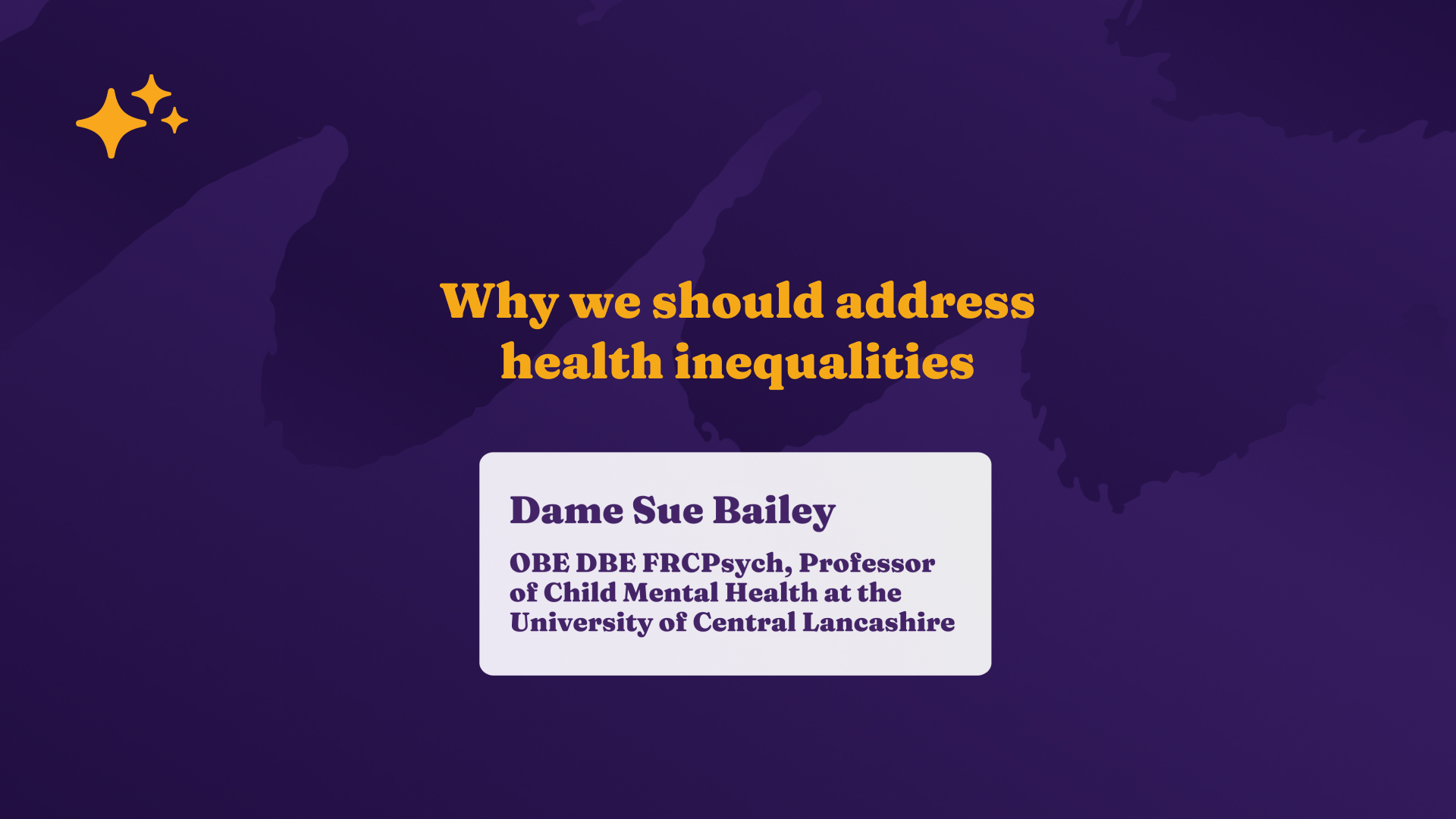
Dame Professor Sue Bailey discusses the need for "social scaffolding" for those living at the margins, such as those who are homeless, children and young people who have fallen out of education and people living in social isolation.
Overcoming mental health stigma in the Muslim community
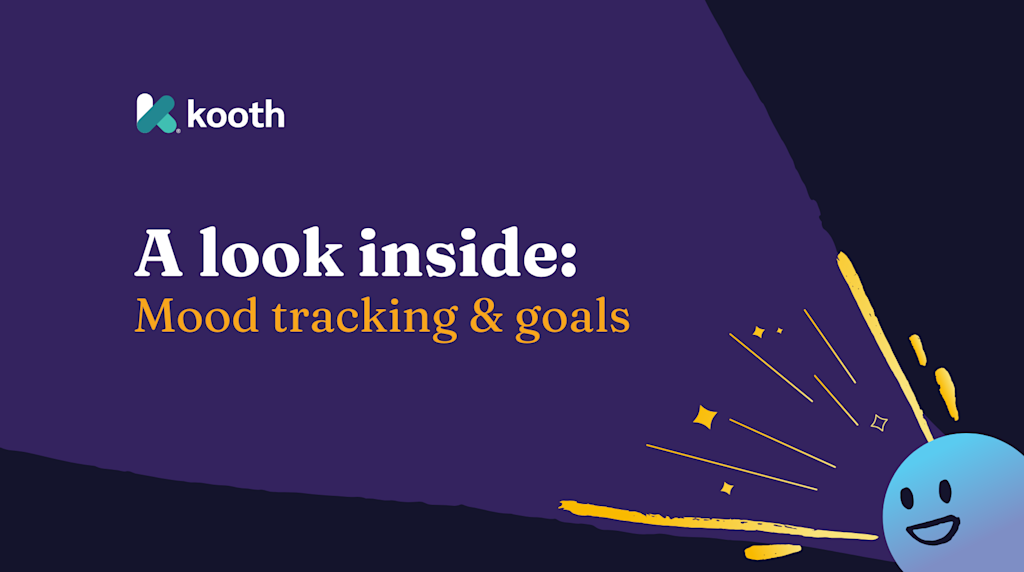
Kooth collaborates with individuals, communities and expert organisations to bring as much insight and support to its services as possible.
We have collaborated with members of the Muslim community to share stories and provide tailored support, offering assemblies to schools on topics relevant to students and coffee mornings to parents and carers to support open conversations around mental health.
Insights
Our user feedback
Feedback from our service user community illustrates the importance of easy access to stigma-free and barrier-free support




